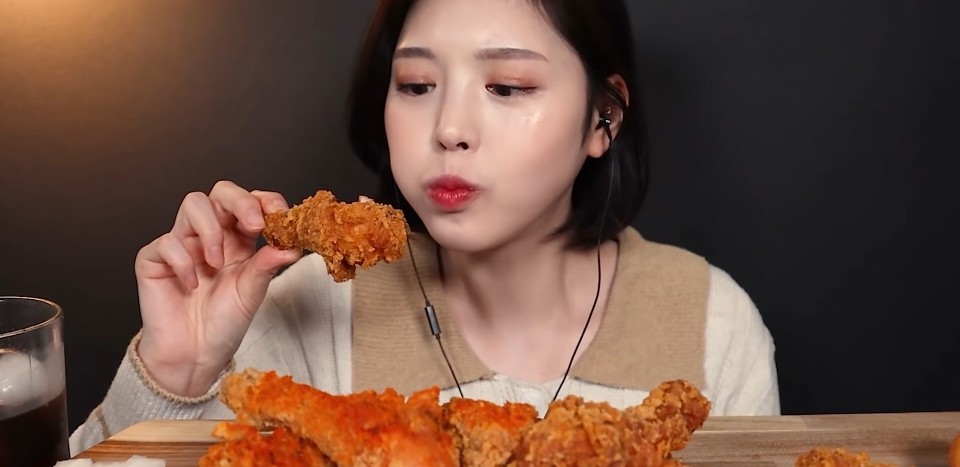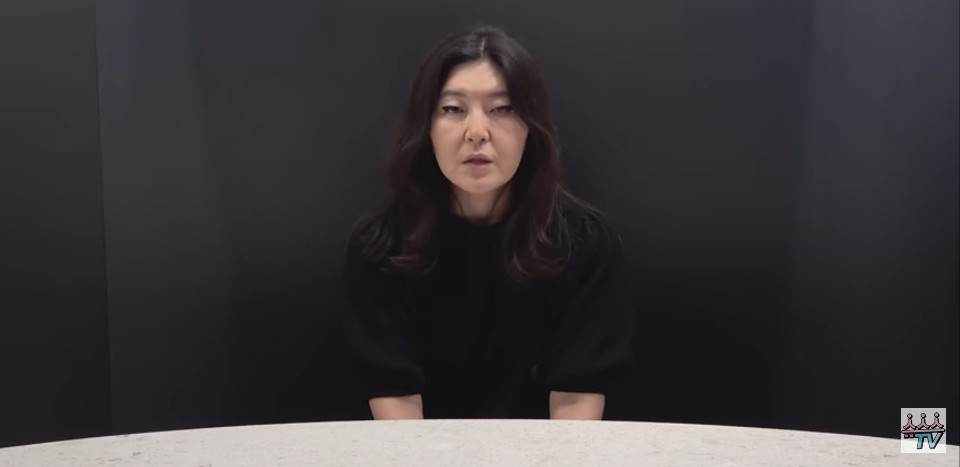Paid advertisement controversy rattles Korean YouTube industry
By Song Seung-hyunPublished : Aug. 5, 2020 - 16:12

“I am using YouTube Premium to skip advertisements. Little did I know back then that I was only avoiding the advertisements to watch another 10-minute-long advertisement video,” a subscriber to popular YouTube channel Eat With Boki commented.
“I’m beyond disappointed. Here, I thought she’s a nice genuine person,” another subscriber wrote.
These comments were posted after Moon Boki, the YouTuber behind the self-titled Eat With Boki meokbang channel, which has over 4.66 million subscribers, on Tuesday posted an apology for not informing viewers that some of her videos had been produced as paid advertisements.
Following her statement, several other YouTubers also came out with similar apologies.
The criticism concerning YouTubers failing to provide sufficient information about paid advertisements was first raised after a local news outlet accused celebrities like fashion stylist Han Hye-yeon and singer Kang Min-kyung of misleading viewers.

Han was criticized for actively deceiving viewers by repeatedly saying in her videos that she selects and purchases with her money the products that are introduced in her videos. Some YouTubers like Kang and Hamzy were criticized for only stating the paid advertisement status in in the description box on YouTube.
“I admit and apologize for including information about the paid advertisement only in the description box while knowing that many viewers do not check the information there,” YouTuber Hamzy said. Hamzy has over 3.77 million subscribers. She also admitted that she also took advantage of there being no regulations about posting paid advertisements on YouTube.
Some advertisement industry experts see the lack of regulations as a problem. The Fair Trade Commission only recommends YouTubers state the information about paid advertisements. A new regulation to mandate YouTubers provide such information will be applied from September.
In the absence of regulations, the digital advertising industry has seen dramatic growth.
According to data from advertising firm Cheil Worldwide, the Korean digital advertising market in 2019 was worth more than 5 trillion won ($4.2 billion), marking 15 percent growth from the previous year.
Some experts point to a trend of businesses preferring product placement. Paid product placement, also known as PPL or embedded marketing, is a type of marketing where references to specific products are incorporated into other media works like TV shows and YouTube videos.
“Young people, especially millennials, are tired of the flourishing advertisements. They tend to harbor strong hostility against items that have overflowing advertisements,” Seo Yong-gu, a professor of business administration at Sookmyung Women’s University, told The Korea Herald. “This is why companies prefer using PPL to naturally increase brand awareness.”
“It is hard to disclose which company prefers what kind of advertisement strategy. But compared to a big conglomerate that is more conservative and careful about the risks, small and medium-sized companies who want to see instant and great advertisement results tend to prefer PPL,” a Cheil Worldwide spokesperson said.
Meanwhile, industry experts also speculate that once product placement becomes more regulated, it will be done more transparently, similar to how it is done for TV shows.
Many Korean TV shows these days clearly state that the items on their shows are paid placements and earnings from it will contribute to producing quality content. For instance, SSAK3, a one-off K-pop group created for MBC weekend variety show “Hang Out With Yoo,” quaffed a sports drink provided by the sponsor, while clearly stating it was a way to earn the money to make their music video.
“Once there is regulation, the way YouTubers advertise the items will also change (to become more similar to TV),” Seo added.
By Song Seung-hyun (ssh@heraldcorp.com)








![[Graphic News] More Koreans say they plan long-distance trips this year](http://res.heraldm.com/phpwas/restmb_idxmake.php?idx=644&simg=/content/image/2024/04/17/20240417050828_0.gif&u=)
![[KH Explains] Hyundai's full hybrid edge to pay off amid slow transition to pure EVs](http://res.heraldm.com/phpwas/restmb_idxmake.php?idx=644&simg=/content/image/2024/04/18/20240418050645_0.jpg&u=20240419100350)






![[From the Scene] Monks, Buddhists hail return of remains of Buddhas](http://res.heraldm.com/phpwas/restmb_idxmake.php?idx=652&simg=/content/image/2024/04/19/20240419050617_0.jpg&u=20240419175937)

![[KH Explains] Hyundai's full hybrid edge to pay off amid slow transition to pure EVs](http://res.heraldm.com/phpwas/restmb_idxmake.php?idx=652&simg=/content/image/2024/04/18/20240418050645_0.jpg&u=20240419100350)

![[Today’s K-pop] Illit drops debut single remix](http://res.heraldm.com/phpwas/restmb_idxmake.php?idx=642&simg=/content/image/2024/04/19/20240419050612_0.jpg&u=)